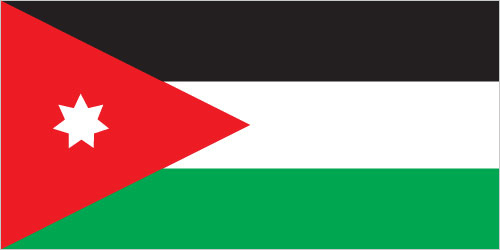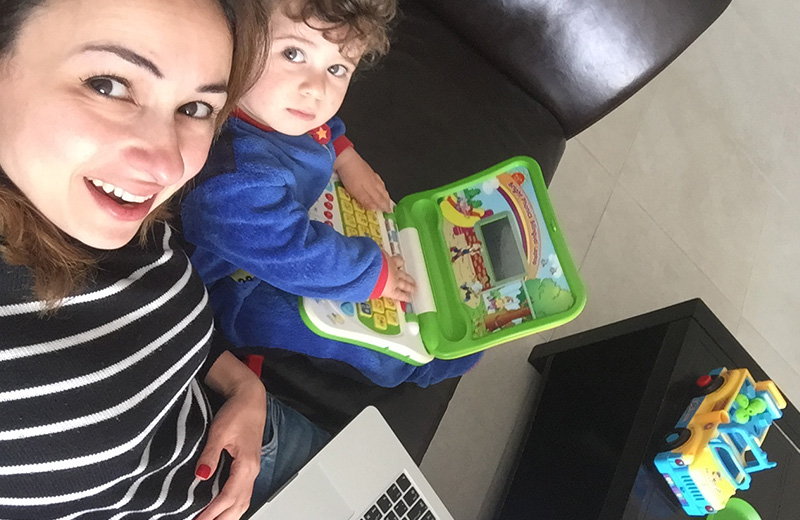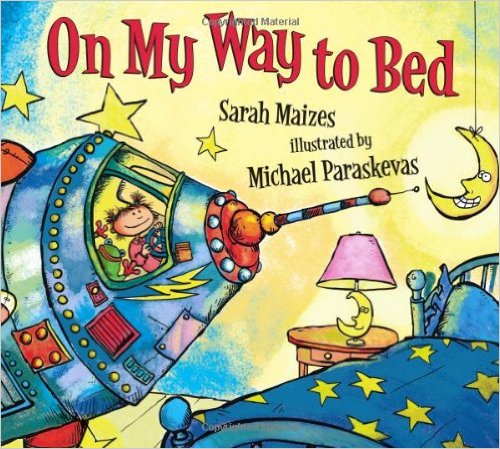The Hidden Cause Behind Painful Breastfeeding

By Mirna Sabbagh
You’ve seen it in videos, you have heard about it from breastfeeding friends, and you have read about it. Breastfeeding should not be painful. However, even though you know it’s not supposed to hurt and you have watched every single video on how to latch the baby properly, breastfeeding might be still causing you indescribable pain.
You consulted your doctor and you were told that there is absolutely nothing wrong with the baby except for possible low weight gain or not. You’re at a stage where your nipples are cracked and bleeding, and you have no idea why this is happening to you, and you are one minute away from stopping breastfeeding.
As a lactation consultant whose sadly seen this case over and over again, I tell you, do not despair. There is a solution and you should get to the bottom of it. You are not alone in feeling the pain and yes it can be the most awful pain a woman can experience.
In my experience as an IBCLC (International Board Certified Lactation Consultant) the pain could be due to one of two reasons:
-
The latch is not correct, especially for women with large breasts.
A lactation consultant should be able to help you with this by teaching you ways to cup the breast. If this problem is solved and there is still pain, then you have to seriously consider number 2. -
The baby has a tongue tie or a lip tie or both.
Breastfeeding is not supposed to be painful, but sometimes it is, and when it is, you should absolutely find the problem and solve it. Consult a lactation consultant and consult a tongue tie expert.
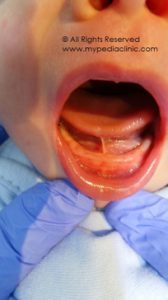
The image above is called an anterior tongue tie and many parents can see it even. Other ones are less obvious but still a tongue tie and they are called posterior tongue tie.

The above tongue looks normal, however note how the tongue does not elevate from the middle. Only the front elevates. Which is not the way a non-tied tongue would be.
What is a tongue tie?
It is when the tongue has a tie attaching it to the bottom of the mouth, preventing the tongue from doing all of its movement which is outwards, upwards, and sideways. A tongue tie may be apparent and is called anterior tongue tie. Like the one below. And other times it is not apparent at all and needs examination from a lactation consultant or qualified pediatrician.
The image above is called an anterior tongue tie and many parents can see it even. Other ones are less obvious but still a tongue tie and they are called posterior tongue tie.
The above tongue looks normal, however note how the tongue does not elevate from the middle. Only the front elevates. Which is not the way a non-tied tongue would be.
The reason this affects breastfeeding is because what most mothers do not realize is, the baby cups the breast with the tongue and not the gums. If there is a tongue tie then the baby will cup the breast with the gums and cause the mom tremendous pain.
Most moms will read this and think, “there’s no way my baby has a tongue tie. No one mentioned it at birth and neither did the pediatrician. I even asked the pediatrician if my baby has a tongue tie or not”.
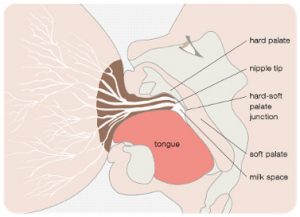
I can tell you here that there are 3 scenarios to this.
-
Most pediatricians do NOT check for tongue ties or lip ties as part of their routine check, and will only check if asked.
-
Some pediatricians might check when you ask and mistakenly say it does not exist as they do not have experience with tongue tie since it’s a very specialized area.
-
A pediatrician will check and see a tongue tie and say it is not important and should not affect breastfeeding which is always wrong because a tongue tie no matter how minor can somehow affect breastfeeding.
So really, the only way you can know for sure is by visiting a lactation consultant who is knowledgeable about it, or by consulting a pediatrician who is an expert in tongue ties.
You might be wondering why no one has mentioned this before. The reason is even though thousands and thousands of babies have it, understanding the effect tongue ties have on breastfeeding is only now coming to the surface. Before that, women used to stop breastfeeding because of the pain and no one would know why. These very same babies would possibly continue to suffer from gases, become picky eaters, and grow up to have difficulties in pronouncing certain letters like the letter R, L, S, T. All of this might be caused by a tongue tie and remain unknown for many years.
what most mothers do not realize is, the baby cups the breast with the tongue and not the gums. If there is a tongue tie then the baby will cup the breast with the gums and cause the mom tremendous pain.
Treatment
The tongue tie is not a life time curse. Releasing a tongue tie is a procedure that can be done in 5 minutes. Tongue tie experts release the tongue in their clinics using local anesthesia using scissors, or lazer or radiofrequency.
The same goes for lip ties which are best treated using lazer or radiofrequency rather than using scissors.
Most breastfeeding mothers will feel an immediate change in breastfeeding after treating the tongue tie, where in other cases it will take a few weeks before the baby is able to learn how to breastfeed with a freed tongue. If the mother had given formula supplements previously due to difficulties and pain associated with breastfeeding, she can coordinate with a lactation consultant after the procedure and wean the child from formula supplementation gradually, and go back to breastfeeding.
These very same babies would possibly continue to suffer from gases, become picky eaters, and grow up to have difficulties in pronouncing certain letters like the letter R, L, S, T. All of this might be caused by a tongue tie and remain unknown for many years.
Breastfeeding is not supposed to be painful, but sometimes it is, and when it is, you should absolutely find the problem and solve it. Consult a lactation consultant and consult a tongue tie expert.
To see photos about tongue and lip ties and to read more about the tongue’s affect on breastfeeding: Check out this article by Dr. Medhat Abu-Shaaban, pediatrician and tongue tie expert: https://mypediaclinic.com/Blog/tongue-tie-diagnosis-and-treatment-dubai

